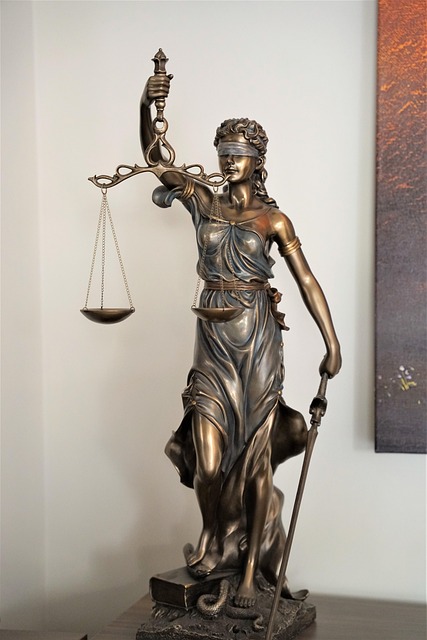Corporate Crime Investigations uncover hidden illegal activities within respectable corporations by analyzing complex financial transactions and practices. These inquiries require a deep understanding of legal frameworks and the Understanding Burden of Proof in Criminal Cases. Investigators meticulously collect, interpret, and document evidence, including digital footprints, while adhering to strict protocols. This evolution ensures justice served against both individuals and institutions facilitating criminal activities, with the Understanding Burden of Proof playing a pivotal role in securing convictions.
Corporate crime investigations delve into illegal activities committed by businesses and their representatives. This complex field requires a deep understanding of both criminal law and corporate structures. This article aims to define and explore the evolving proof standards in criminal cases, with a focus on the burden of proof. We’ll examine strategies for mastering evidence, ensuring compliance with legal requirements, and providing a comprehensive guide to navigating these intricate investigations, especially in understanding the burden of proof in criminal cases.
- Defining Corporate Crime Investigations
- The Evolution of Proof Standards in Criminal Cases
- Mastering Evidence: Meeting the Burden of Proof
Defining Corporate Crime Investigations

Corporate Crime Investigations delve into complex financial transactions and business practices to uncover illegal activities that often go unnoticed beneath the surface of respectable corporate facades. These inquiries are crucial in addressing white collar and economic crimes, which, due to their subtle nature, can have devastating economic impacts on individuals, communities, and even entire nations. Unlike traditional criminal cases, where the focus is typically on street-level crimes, corporate investigations navigate a landscape of intricate financial networks, requiring a deep understanding of various legal frameworks and an unprecedented track record in interpreting complex evidence.
The understanding burden of proof in criminal cases plays a pivotal role in these inquiries. Investigators must sift through reams of documentation, analyze digital footprints, and interrogate individuals while adhering to stringent legal protocols. This meticulous process ensures that any charges brought are based on solid, admissible evidence, ultimately upholding the integrity of the respective business and justice system as a whole.
The Evolution of Proof Standards in Criminal Cases

The evolution of proof standards in criminal cases reflects a broader societal shift towards holding businesses accountable for their actions. Historically, the understanding of burden of proof in criminal cases predominantly focused on individual culpability, emphasizing direct evidence linking a single person to a crime. However, as corporate crimes—such as fraud, environmental violations, and human rights abuses—began to surface across the country, it became clear that traditional proof standards needed adaptation.
This change is particularly evident in jury trials, where the respective business’s actions, policies, and culture are scrutinized alongside individual decisions. Today, proving corporate crime often requires a multifaceted approach, incorporating documentary evidence, expert testimony, and patterns of behavior across various departments and personnel within the business. This evolution ensures that justice is served not just against individuals but also against the institutions that facilitate criminal activities.
Mastering Evidence: Meeting the Burden of Proof

In corporate crime investigations, mastering evidence is paramount to establishing guilt beyond a reasonable doubt—the cornerstone of criminal cases. Understanding the burden of proof in these high-stakes cases is crucial. This involves meticulous collection and interpretation of evidence at every stage of the investigative and enforcement process, from initial data forensics to legal submissions. Prosecutors must navigate complex legal frameworks and present compelling evidence to secure convictions, particularly when dealing with unprecedented track records of alleged misconduct.
The burden of proof demands that investigators and prosecutors approach each piece of evidence with rigor, ensuring its admissibility and relevance. This includes documenting the chain of custody, maintaining data integrity, and employing specialized techniques to extract and analyze information. By upholding these standards, they strengthen their cases, ultimately facilitating swift and just resolutions in corporate crime investigations.
Corporate crime investigations demand a nuanced understanding of evolving proof standards, especially when navigating complex legal landscapes. By mastering evidence and recognizing the crucial role it plays in criminal cases, organizations can ensure robust internal controls and effective external cooperation with authorities. This comprehensive approach to understanding burden of proof in criminal cases is essential for fostering integrity and accountability within businesses and across industries.






